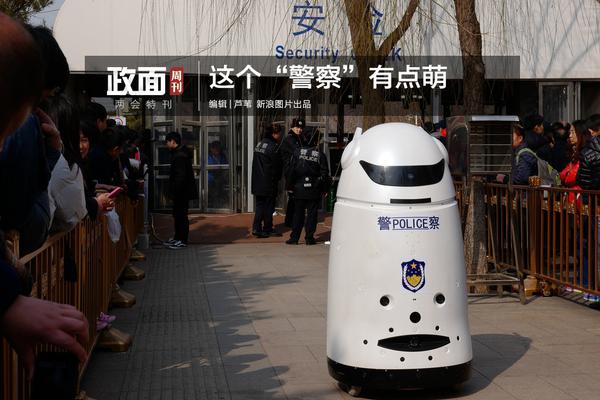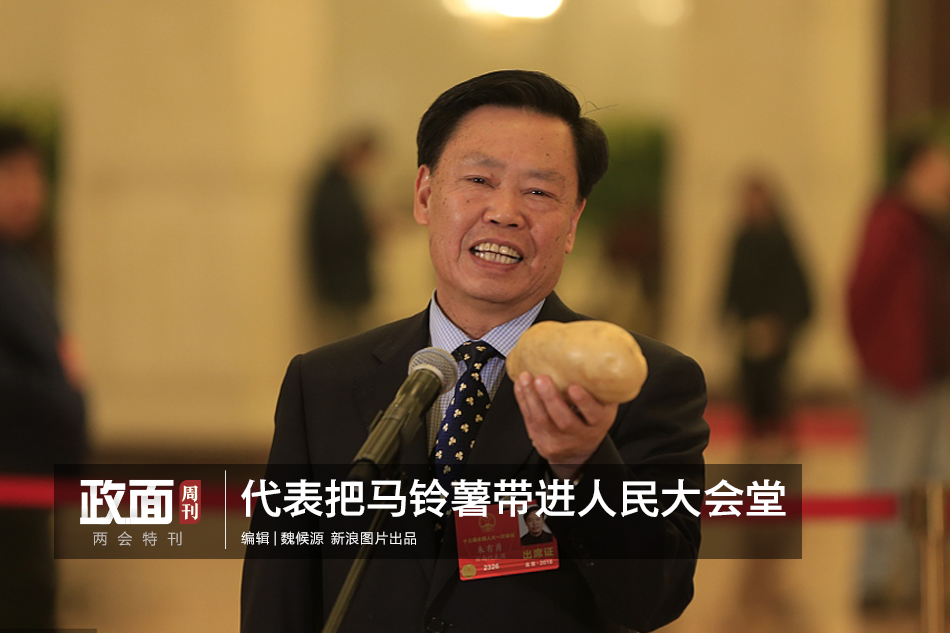
1. The storage management functions of the operating system include memory allocation, memory protection, address mapping and virtual memory. Memory allocation refers to allocating space for the process and managing memory usage. Memory protection refers to preventing one process from accessing the memory space of another process and protecting kernel code and data from illegal access.
2. The basic functions of storage management include: memory allocation, memory protection, memory expansion and virtualization of memory management. Now, let's discuss these functions in more detail.First of all, memory allocation is a basic function of storage management, which involves how to allocate memory space for programs.
3. Storage management mainly refers to the management of memory, the purpose of which is to improve the efficiency of memory use as much as possible. The object of memory management is the main memory, also known as memory. Its main functions include allocating and recycling the main memory space, improving the utilization rate of the main memory, expanding the main memory, and effectively protecting the main memory information.
4. Addressing space The operating system makes the system look much larger than the actual memory. Virtual memory can be many times the actual physical space in the system. Each process runs in its own independent virtual address space. These virtual spaces are completely isolated from each other, so the processes will not affect each other.

1. The operating system can pass a variety of Algorithms to manage memory, such as fixed partitions, variable partitions, partner systems and page management, etc. Among them, page management is the most commonly used memory management technology, which divides memory into pages of equal size and maps the logical address of the process to the physical address.
2. What are the main functions of the operating system? The main functions of the operating system are process and processor management, job management, storage management, device management and file management, as follows: process and processor management. Because the execution of the program must rely on the processor, only one program flow can be processed and executed at any time. Homework management.
3. You can use Disk Management to connect or load the local drive into any empty folder on the local NTFS volume. The loaded drive makes data easier to access and gives you the flexibility to manage data storage based on the working environment and system usage.
4. Determine the strategy of process scheduling. Give the process scheduling algorithm. Carry out the processing machine distribution. Memory management Another important resource in the computer system is the main memory. The execution of any program must obtain data information from the main memory.
5. Memory is flash memory, which cannot store things. It can only be managed by increasing or decreasing memory sticks. The CPU is a central processor, which can reduce the utilization rate of the CPU by ending the software process. If you want to enhance the use, you can replace a more advanced CPU, but pay attention to whether the interface of the new CPU is compatible with the motherboard.
1. Storage management mainly refers to the management of memory, the purpose of which is to improve the efficiency of memory use as much as possible. The object of memory management is the main memory, also known as memory. Its main functions include allocating and recycling the main memory space, improving the utilization rate of the main memory, expanding the main memory, and effectively protecting the main memory information.
2、Storage management in the operating system mainly realizes the management of the main memory of the computer. The UEFA Champions Leaguemain object of storage management is memory, which is the most important resource for operating system management in addition to the processor.
3. Processor management: mainly control and manage the work of CPU. Storage management: mainly allocate and manage memory. Device management: mainly manage basic input and output devices. File management: responsible for the organization, storage, operation and protection of computer files.
4. Memory management mainly refers to the management of internal memory. The five functions of the operating system are processor management, memory management, device management, file management and job management. Processor management The most basic function of processor management is to process interrupt events. After configuring the operating system, various events can be processed.
5. Storage management is the management of the main memory, which is one of the important functions of the operating system. Main memory is a valuable resource in the computer system, and the management and effective use of main memory is a very important part of the operating system.
6. Job management: including tasks, interface management, human-computer interaction, graphical interface, voice control and virtual reality, etc. File management: also known as information management. Storage management: The essence is the management of storage space, which mainly refers to the management of the main memory.
UEFA Champions League-APP, download it now, new users will receive a novice gift pack.
1. The storage management functions of the operating system include memory allocation, memory protection, address mapping and virtual memory. Memory allocation refers to allocating space for the process and managing memory usage. Memory protection refers to preventing one process from accessing the memory space of another process and protecting kernel code and data from illegal access.
2. The basic functions of storage management include: memory allocation, memory protection, memory expansion and virtualization of memory management. Now, let's discuss these functions in more detail.First of all, memory allocation is a basic function of storage management, which involves how to allocate memory space for programs.
3. Storage management mainly refers to the management of memory, the purpose of which is to improve the efficiency of memory use as much as possible. The object of memory management is the main memory, also known as memory. Its main functions include allocating and recycling the main memory space, improving the utilization rate of the main memory, expanding the main memory, and effectively protecting the main memory information.
4. Addressing space The operating system makes the system look much larger than the actual memory. Virtual memory can be many times the actual physical space in the system. Each process runs in its own independent virtual address space. These virtual spaces are completely isolated from each other, so the processes will not affect each other.

1. The operating system can pass a variety of Algorithms to manage memory, such as fixed partitions, variable partitions, partner systems and page management, etc. Among them, page management is the most commonly used memory management technology, which divides memory into pages of equal size and maps the logical address of the process to the physical address.
2. What are the main functions of the operating system? The main functions of the operating system are process and processor management, job management, storage management, device management and file management, as follows: process and processor management. Because the execution of the program must rely on the processor, only one program flow can be processed and executed at any time. Homework management.
3. You can use Disk Management to connect or load the local drive into any empty folder on the local NTFS volume. The loaded drive makes data easier to access and gives you the flexibility to manage data storage based on the working environment and system usage.
4. Determine the strategy of process scheduling. Give the process scheduling algorithm. Carry out the processing machine distribution. Memory management Another important resource in the computer system is the main memory. The execution of any program must obtain data information from the main memory.
5. Memory is flash memory, which cannot store things. It can only be managed by increasing or decreasing memory sticks. The CPU is a central processor, which can reduce the utilization rate of the CPU by ending the software process. If you want to enhance the use, you can replace a more advanced CPU, but pay attention to whether the interface of the new CPU is compatible with the motherboard.
1. Storage management mainly refers to the management of memory, the purpose of which is to improve the efficiency of memory use as much as possible. The object of memory management is the main memory, also known as memory. Its main functions include allocating and recycling the main memory space, improving the utilization rate of the main memory, expanding the main memory, and effectively protecting the main memory information.
2、Storage management in the operating system mainly realizes the management of the main memory of the computer. The UEFA Champions Leaguemain object of storage management is memory, which is the most important resource for operating system management in addition to the processor.
3. Processor management: mainly control and manage the work of CPU. Storage management: mainly allocate and manage memory. Device management: mainly manage basic input and output devices. File management: responsible for the organization, storage, operation and protection of computer files.
4. Memory management mainly refers to the management of internal memory. The five functions of the operating system are processor management, memory management, device management, file management and job management. Processor management The most basic function of processor management is to process interrupt events. After configuring the operating system, various events can be processed.
5. Storage management is the management of the main memory, which is one of the important functions of the operating system. Main memory is a valuable resource in the computer system, and the management and effective use of main memory is a very important part of the operating system.
6. Job management: including tasks, interface management, human-computer interaction, graphical interface, voice control and virtual reality, etc. File management: also known as information management. Storage management: The essence is the management of storage space, which mainly refers to the management of the main memory.
Free sports events uefa champions league app android
author: 2025-02-23 00:29UEFA Champions League standings
author: 2025-02-22 23:03 Champions League
Champions League
899.75MB
Check LR stock price Philippines
LR stock price Philippines
877.61MB
Check LR stock price Philippines
LR stock price Philippines
966.87MB
Check DigiPlus stock
DigiPlus stock
857.93MB
Check Casino redeem
Casino redeem
555.65MB
Check 100 free bonus casino no deposit GCash
100 free bonus casino no deposit GCash
488.96MB
Check Hearthstone Wild Decks
Hearthstone Wild Decks
345.43MB
Check Casino free 100 no deposit
Casino free 100 no deposit
954.54MB
Check UEFA Champions League live streaming free
UEFA Champions League live streaming free
397.76MB
Check Hearthstone Arena win rate
Hearthstone Arena win rate
118.38MB
Check UEFA Champions League live streaming app
UEFA Champions League live streaming app
463.31MB
Check Hearthstone arena
Hearthstone arena
845.57MB
Check UEFA Champions League live
UEFA Champions League live
858.66MB
Check DigiPlus Philippine
DigiPlus Philippine
357.93MB
Check UEFA TV
UEFA TV
295.63MB
Check LR stock price Philippines
LR stock price Philippines
364.18MB
Check UEFA Champions League
UEFA Champions League
659.29MB
Check UEFA Champions League live
UEFA Champions League live
838.97MB
Check Hearthstone deck
Hearthstone deck
948.67MB
Check UEFA Champions League live streaming app
UEFA Champions League live streaming app
571.57MB
Check Hearthstone arena deck Builder
Hearthstone arena deck Builder
497.28MB
Check DigiPlus
DigiPlus
658.42MB
Check Bingo Plus stock
Bingo Plus stock
797.99MB
Check 100 free bonus casino no deposit GCash
100 free bonus casino no deposit GCash
248.51MB
Check Champions League
Champions League
152.37MB
Check UEFA Champions League live streaming free
UEFA Champions League live streaming free
697.89MB
Check Bingo Plus stock
Bingo Plus stock
967.13MB
Check Casino Plus free 100
Casino Plus free 100
393.44MB
Check Bingo Plus stock
Bingo Plus stock
422.89MB
Check Champions League
Champions League
112.32MB
Check bingo plus update today Philippines
bingo plus update today Philippines
632.19MB
Check UEFA EURO
UEFA EURO
126.56MB
Check casino plus free 100
casino plus free 100
717.68MB
Check UEFA Champions League live
UEFA Champions League live
915.92MB
Check Casino Plus login register
Casino Plus login register
799.28MB
Check UEFA Champions League live streaming app
UEFA Champions League live streaming app
214.54MB
Check
Scan to install
UEFA Champions League to discover more
Netizen comments More
1809 UEFA TV
2025-02-22 23:25 recommend
463 bingo plus update today Philippines
2025-02-22 23:08 recommend
2392 Hearthstone Arena Tier List
2025-02-22 22:54 recommend
999 Hearthstone Arena win rate
2025-02-22 22:15 recommend
1646 UEFA Europa League
2025-02-22 22:04 recommend